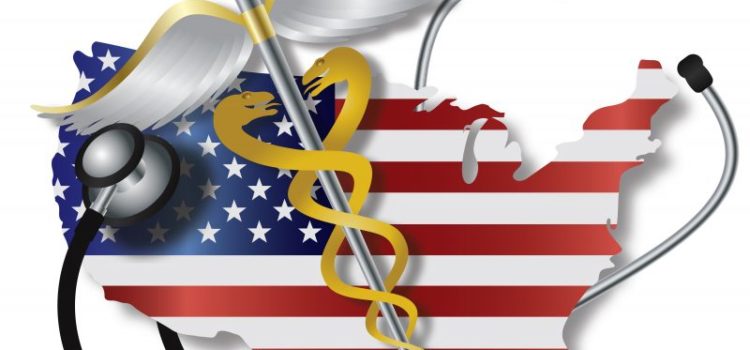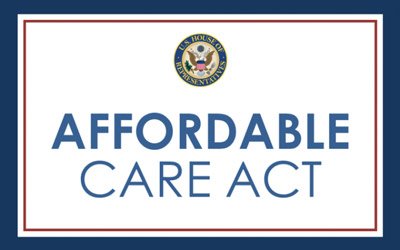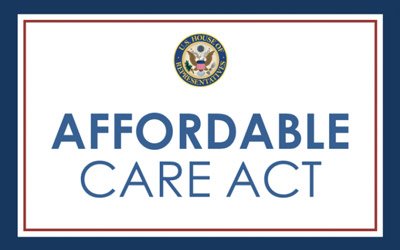As President Trump and members of both houses of Congress work to repeal the Affordable Care Act (ACA, or “Obamacare”), the Urgent Care Association (UCA) has revealed several health reform principles it will use to evaluate emerging legislative alternatives to the ACA. UCA says it will support policies that recognize urgent care should be treated as an essential health insurance benefit and included as an important element of value-based care, as well as those that …
Read More









